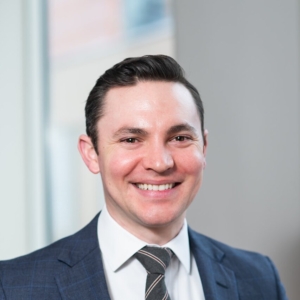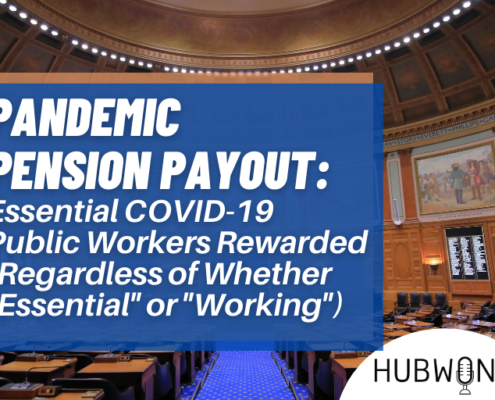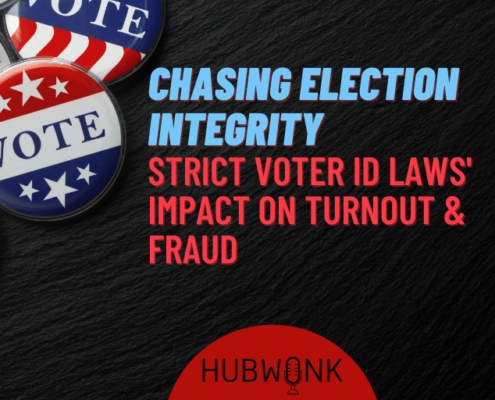Joe Selvaggi talks with Cato Institute’s Director of Tax Policies, Dr. Adam Michell about the sources of recent record levels of deficits and debt to understand a policy path toward fiscal sustainability that is politically viable.
Guest:
 Adam N. Michel is director of tax policy studies at the Cato Institute, where he focuses on analyzing the economic and budgetary effects of taxation in the United States.
Adam N. Michel is director of tax policy studies at the Cato Institute, where he focuses on analyzing the economic and budgetary effects of taxation in the United States.
Prior to joining Cato, Michel served as deputy staff director at the U.S. Congress Joint Economic Committee, where he helped lead Senator Mike Lee’s Social Capital Project, organized congressional hearings, and produced research on a wide array of current economic topics. He has also worked as senior policy analyst at the Heritage Foundation and as the program manager for the Spending and Budget Initiative at the Mercatus Center at George Mason University.
Michel is widely published and quoted in the Wall Street Journal, the New York Times, the Washington Post, and elsewhere. He has also appeared on Fox News, CNN, and CNBC to discuss tax policy and its economic effects. In addition to numerous book chapters, his scholarly work has been published in the Journal of Public Budgeting and Finance and Tax Notes.
He received his PhD in economics from George Mason University in Fairfax, Virginia, and a BA in politics from Whitman College in Walla Walla, Washington.
Recent Episodes






